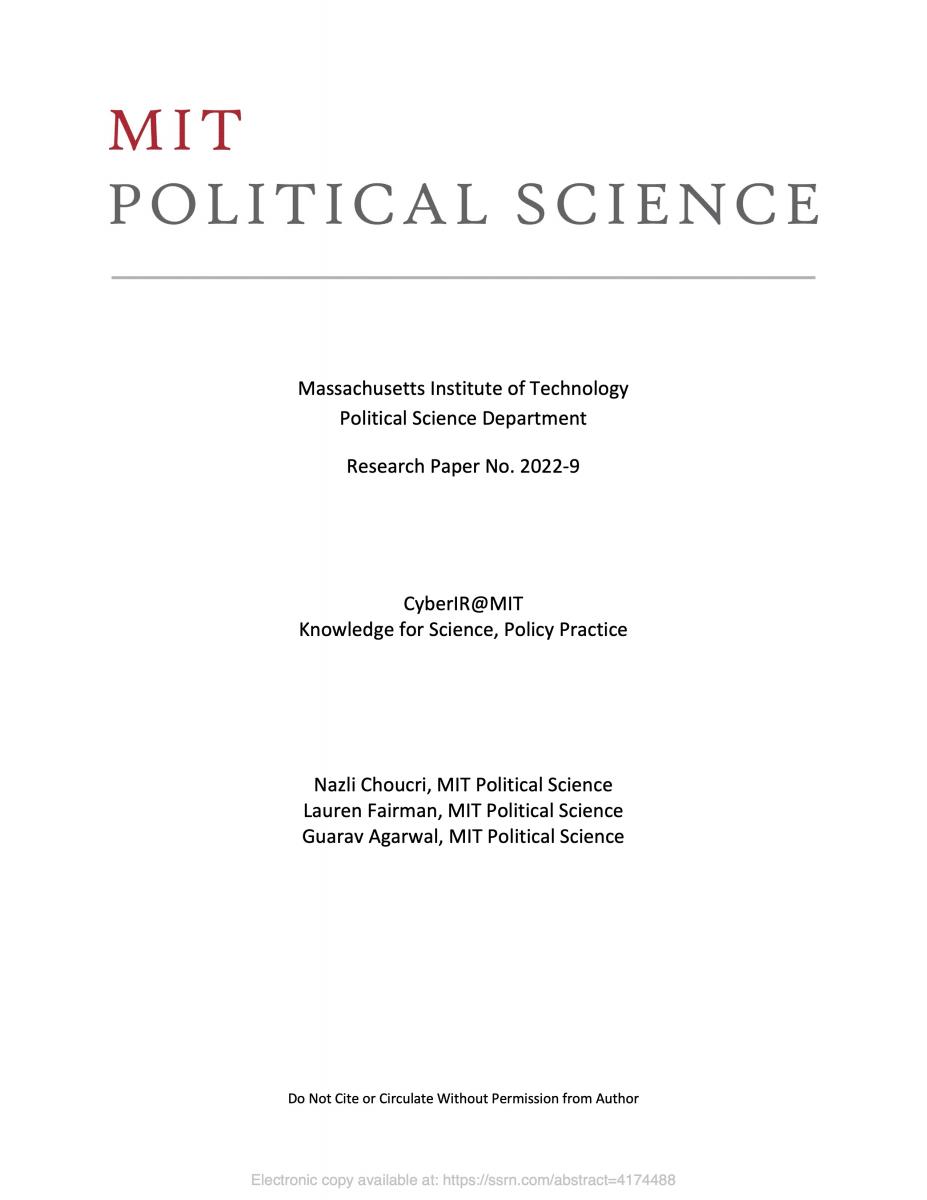URL:
Abstract:
The United Nations is developing a new cybercrime treaty as it can help mitigate the problem of cybercrime not being restricted by national borders but this treaty has the potential of also targeting cybersecurity researchers. The most important currently existing cybercrime treaty is the Budapest Convention which "defined criminal offenses for cybercrimes such as illegal access to a computer system, fraud and forgery, and illegal data interception". It has been criticized for potentially affecting privacy rights but has also been lauded for setting a precedent and standard for addressing cybercrime internationally. In 2019, the UN began to negotiate what would become a larger and more influential cybercrime treaty than the Budapest Convention but these negotiations are wide ranging and "illustrate a lack of unanimity concerning what should be defined as “cybercrime". Human rights concerns are some of the largest issues surrounding the new treaty but one potential flaw is that it would criminalize a number of cyber acts without requiring intent. Without being required to show intent to commit a cybercrime, this new treaty could target innocent individuals such as cybersecurity researchers. The United States has experienced a similar problem as its Computer Fraud and Abuse Act has struggled to differentiate legitimate computer research and illegal criminal access.
Year:
2022



